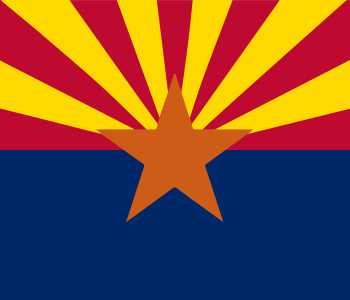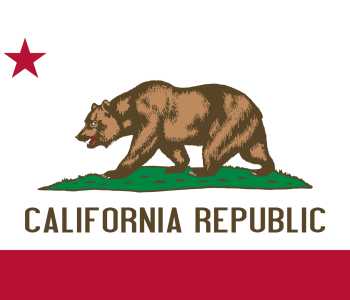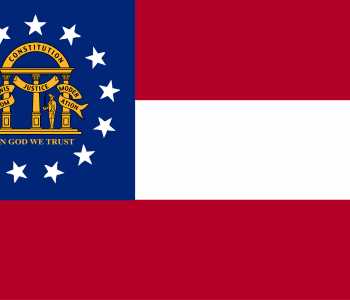Buying an Existing Business or Franchise

The business landscape grows more complex and competitive by the day. As a result, more entrepreneurs are looking into franchise opportunities to overcome the challenges of increasingly intricate supply chains and shrinking profit margins.
According to the International Franchise Association (IFA), the pace of franchise openings remains relatively steady, expanding only a little under 2% through 2018. Still, the IFA forecast over 6% economic growth that year - boosting franchise profits in the U.S. to $757 billion.
A franchise is your opportunity to launch a new business with a proven record of performance. For some, it's a viable solution for quenching the desire to own a business.
Franchises offer small business owners the benefit of corporate-level resources. However, those benefits come with some trade-offs.
There are few more things that you need to know if you're considering a franchise opportunity.
The Ins and Outs of Franchising
In simplest terms, franchising is a partnership established to distribute goods or services. It takes at least two parties to enter a franchise relationship - the franchisor and the franchisee.
The franchisor develops a successful brand image and business system. The franchisee pays a fee to use that image and system to operate their own business.
Technically, the contract between the franchisor and the franchisee is the franchise. However, most people use the term to describe the actual company that operates under this type of agreement.
Brand power is one of the most significant benefits of franchising. The second biggest benefit is how the franchisor supports franchisee operations. Accordingly, it's essential to choose a franchisor with a reputation for maintaining an excellent relationship with franchisees.
Often, consumers will patronize a business because of how they feel about the brand, regardless of who actually operates and owns the enterprise. With those sentiments, however, come expectations. For example, a customer who buys a product in California expects the same experience and quality if they buy the same product from a different franchise in New York.
If you enter into a franchise agreement, franchisors and other franchisees of the brand will rely on you to deliver the experience that consumers want and demand. By helping franchisees to meet this expectation consistently, franchisors build brand value for owners.
Types of Franchises
Yes. A franchise opportunity allows small business owners to tap into a powerful arsenal of experience and knowledge. However, there are usually strict guidelines that franchisees must follow to remain in the partnership.
You may enter into one of two types of franchise agreements. You can either sell a brand's products and use its tradename or use its full business format.
With product or trade name franchising, the franchisor owns the right to the trademark and the entrepreneur (franchisee) pays for the right to use that name and brand to operate a franchise. In this kind of arrangement, the franchisor typically manages the supply chain. The franchisor manufactures the goods, or supplies the franchise, and delivers goods to the place of business.
With business format franchising, a continuing relationship exists between the franchisor and franchisee. In this arrangement, the franchisor helps with all aspects of running the business. They may offer support for site selection, employee training, procurement, marketing and - in some instances - financing.
A franchise gives you access to well-known, influential brands and products. As a franchise owner, you'll focus on operating the business, while the franchisor handles marketing and promotions. In return, you must agree to meet the standards established by the franchisor.
How to Evaluate Franchise Opportunities
If you're considering investing in a franchise, try not to look at it from the perspective of a consumer. Just because a particular franchise is popular doesn't mean that it's the right opportunity. You need to take a look at the entire franchising landscape.
Begin by reviewing the included infrastructure in the franchise agreement. You need to know everything that the franchisor provides with your buy-in. Ask questions about contracts and leases. Also, inquire about existing cash flow and inventory. By finding out as much as you can about the franchise opportunity, you can make the best possible decision.
Tip: The Federal Trade Commission (FTC) website can help you determine what questions you should ask when evaluating a franchise opportunity.
Crossing T's and Dotting I's on a Franchise Deal
Once you've settled on an opportunity, you must vet the franchise thoroughly. At this stage, you want to recruit experts. Hire an accountant and an attorney to help you with the process.
Franchise tax laws are complex. You should look for a lawyer who specializes in franchise law that can help you evaluate how current tax rules will affect your business should you enter a franchise agreement.
The accountant can help you estimate the full cost of buying and running your franchise. They can also help you develop an income forecast so you can decide if the opportunity is worth the risk. Your accountant and attorney will help you review relevant documentation, including the:
- Confidentiality agreement
- Contracts
- Financial statements
- Leases
- Letter of intent
- Purchase price adjustment
- Sales agreements
- Tax returns
The Biggest Challenge for Today's Franchise Owners
Consumer spending is up in 2019, which is excellent for franchise owners. At the same time, the labor market is tight, and employees are a vital part of operating a franchise.
In the current franchise environment, winning the battle for the best employees is a top priority. Franchise owners must make their workplace appealing to attract the employees needed to operate their business successfully. To overcome the challenges that come in times of strong employment numbers, today's franchise owners must split the difference of paying higher wages between customers and profits.
A franchise can help you overcome the challenges of starting a new business. In a sense, it's a shortcut for success, but you'll still have to invest sweat equity to make it work. With research and due diligence, you can find the franchise opportunity that's right for you.
A franchise partnership offers the benefits of ongoing support and the use of a name that consumers know and trust. By partnering with an established franchisor, you can leverage their brand recognition and industry knowledge to operate and grow a successful business.







